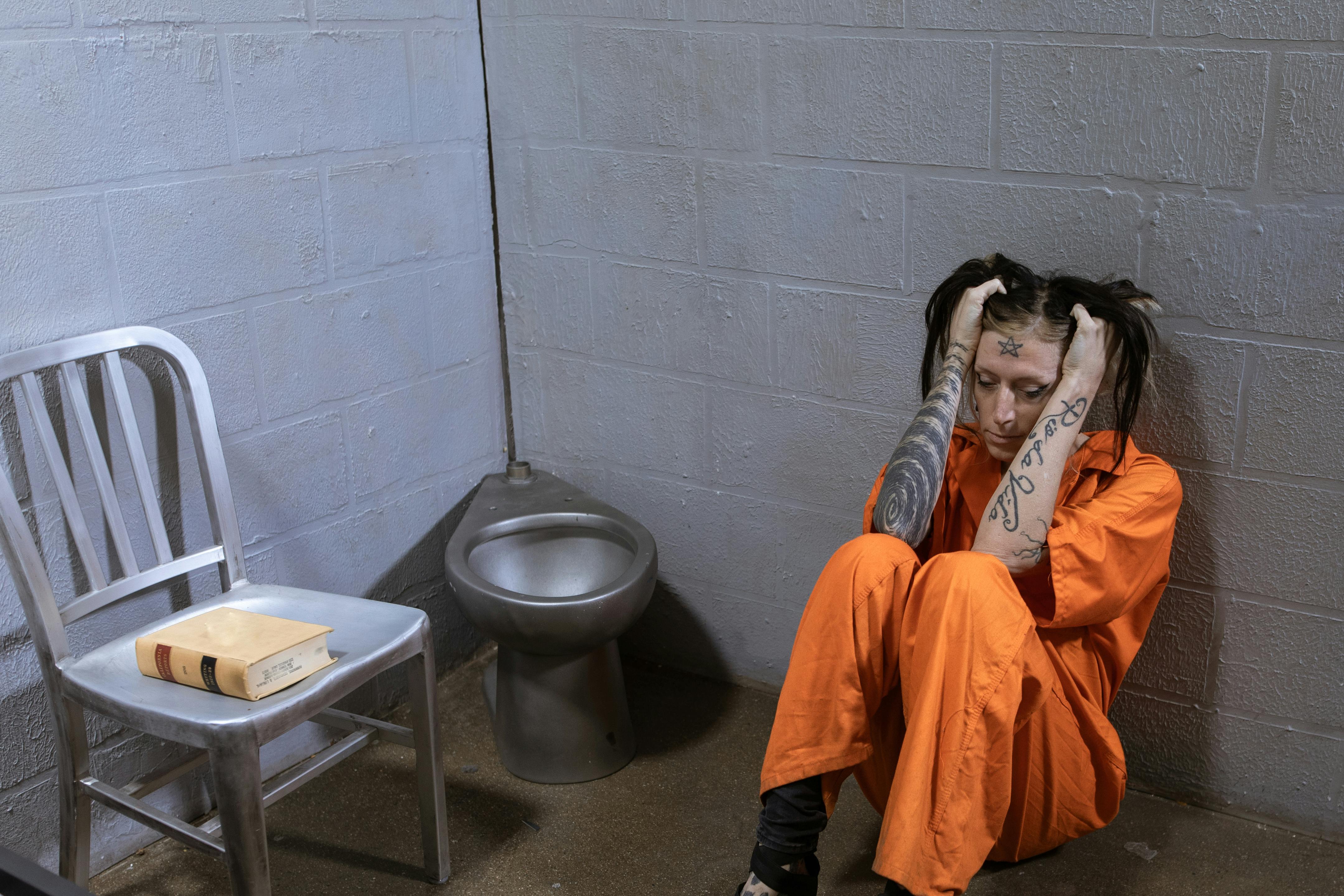Does “poor people’s copyright” really work?
Copyright registration or copyright of the poor?
Many authors, photographers, novelists, and other creative professionals swear by the “poor man’s copyright” method: sending themselves copies of their own works and leaving the envelope sealed, “proving” legal ownership of the enclosed material.
But does this really prove anything … or is the attempt simply a waste of money?
Copyright protection is automatic
When you create a copyrighted song, poem, music video, painting, or other work, protection is automatic. You created it; it’s yours.
But there is a fairly noticeable difference between owning certain rights and to protect those rights in court.
Copyright registration is the only legal evidence accepted in court
According to the US Copyright Office. “Copyright Basics“Publication, official registration has definite advantages (although protection does not depend on it), possibly the most important is that in case of copyright infringement, registrations of works originating in the United States are required to be able to file a lawsuit.
Yes, you read that right: Without a copyright registration, you cannot sue someone for copyright infringement..
Another excellent reason to register sooner rather than later has to do with the potential payment of legal fees, should the result be successful in court; If the official record does not take place before the infringement or within 3 months after publication, only actual damages can be awarded (no legal damages or legal fees).
Suddenly, the $ 35 registration fee that poor copyright advocates try to avoid no longer seems too big and threatening.
The copyrights of the poor are not backed by law
One last nail in the coffin comes from the same post:
“The practice of sending yourself a copy of your own work is sometimes called ‘the copyright of the poor.’ There is no provision in copyright law regarding this type of protection, and it is not a substitute for registration. ”
It is clear that deciding to save money by choosing the copyright of the poor is a shortsighted view of reality, and that any rational look at future finances supports the decision to officially register a copyright.
